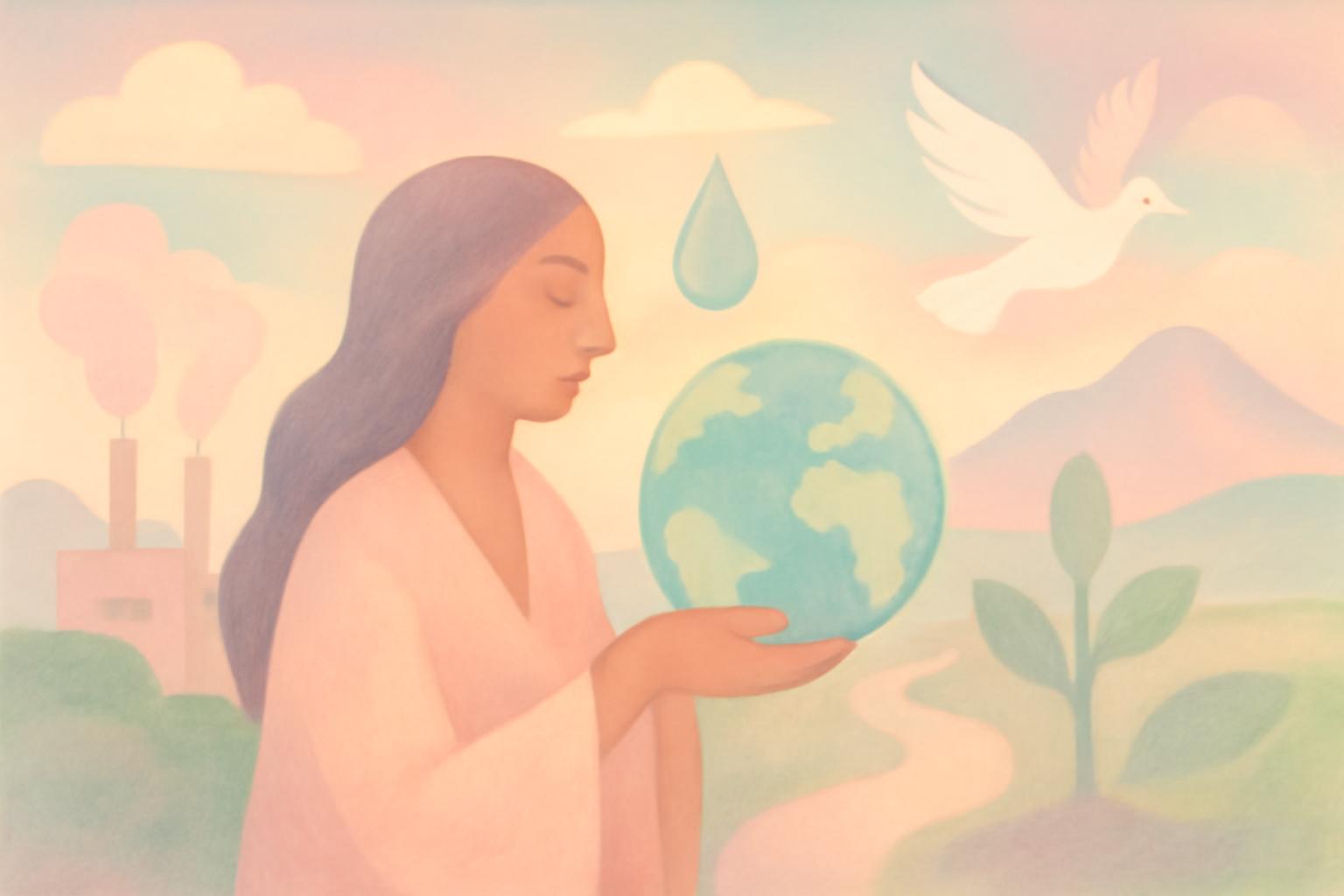A country stands at a crossroads, a people breathing through a storm of prices, shortages, and urgent choices. A leader who once gave a voice to the Indigenous majority faces legal shadows, while his movement fractures under pressure. The ruling current worries about unity and stability, even as fuel lines lengthen and treasuries hollow, and as two market-minded contenders promise to loosen the old social fabric. Most observers sense a runoff, a fragile mañana veiled by disinformation and the tremor of unease, with a call to invalidate ballots echoing as a desperate rite of protest.
Yet beneath the surface we glimpse a larger reckoning: the land and its lifeblood pressed by a global system that prizes growth over guardianship. The crisis is not merely a budget shortfall or a political feud; it is a weathered page in the long chapter of colonial extraction, where rivers become resources, forests become inventories, and communities become bargaining chips. The echoes of 14 years of socialist stewardship mix with today’s price shocks, reminding us that people cannot thrive if the Earth is treated as a ledger and Indigenous wisdom as a footnote. When governance tilts toward fear and market calculus, the living world bears the consequences: polluted air and water, thinning horizons, and the quiet loss of shared purpose.
This moment asks us to name the deeper wound: the toxic capitalism that converts breath and soil into profit, that markets life-sustaining services into commodities to be bought and sold. The old colonial scripts—dominance, dispossession, the primacy of extraction—still haunt the margins, constraining the space in which healing, dignity, and true sovereignty can grow. To talk of dismantling a political legacy without tending to the land and the people who steward it is to misunderstand the root of the trouble. Institutions strain when they are starved of trust, when disinformation gnaws at the ankles of truth, and when a populace is urged to withdraw its vote as a form of protest rather than to demand a future that honors life in all its forms.
Let us then tend to the soil of our shared future. Let justice be regenerative—an economy that esteems water as life, not as a price, and that recognizes Indigenous sovereignty as the living pillar of the nation. Let the people’s voices be a chorus that renews governance rather than corrodes it, a chorus that invites cooperative stewardship, agroecology, community-owned energy, and a just transition away from fossil dependence. May neighbors—rural and urban, campesino and worker—come together as one: weaving food sovereignty with spiritual sovereignty, weaving healing with accountability. Let Pachamama be honored not as a backdrop for policy, but as holy partner in a climate-stable, peace-filled commonwealth.
In this flame of possibility, we refuse cynicism and embrace courageous, compassionate leadership. A future that heals the Earth is not a dream but a practice: rewilding economies with care, rebuilding trust through transparency, and choosing governance that sustains life over short-sighted power. May the mountains stand as witnesses to a republic that protects rivers, forests, and the rights of all beings. May the children inherit a nation where political passion becomes stewardship, not wreckage; where unity is born from respecting difference; and where every vote becomes a vow to heal the Earth and all whom she sustains.
